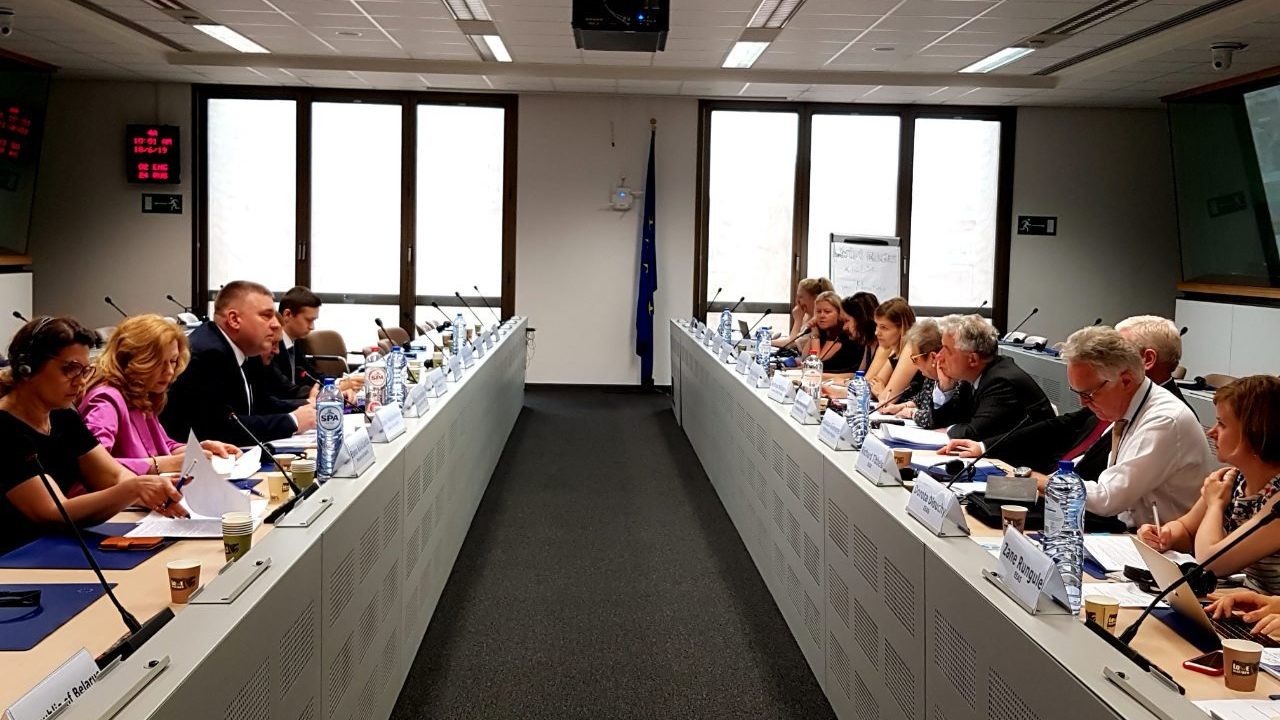Despite some positive steps by the government, there have been no significant changes.
Belarus and the EU discussed public policy development, the implementation of the National Action Plan on Human Rights in Belarus and the situation of human rights in the country.
The Belarusian human rights community supports the dialogue and has issued a joint position, expressing that despite some positive steps by the government, there have been no significant changes in the legislative, institutional and practical framework for the protection of human rights in Belarus over the past year.
They warn that national legislation overly restricts freedom of assembly, the death penalty is applied, and universal anti-discrimination legislation does not exist. Further, the rights of vulnerable groups are violated, the independence of the judiciary is violated, and forced labour is widely used.
The Belarusian human rights organisations of Belarus also issued recommendations for the protection of human rights to both the authorities of Belarus and the European Union.
Recommendations to the European Union
- Continue to consider human rights an important element of the dialogue on human rights and include representatives of the Belarusian human rights community in the dialogue.
- Increase interaction among state bodies and the human rights community, to ensure effective implementation of the commitments of Belarus in the field of human rights.
- Support implementation of the recommendations of the UN Human Rights Committee and other treaty bodies with regard to Belarus.
- Continue to support Belarusian civil society in its work for the protection, support and promotion of human rights in Belarus.
- Include a human rights component in all projects implemented in Belarus with the financial support of the European Union.
Recommendations to Belarus
- Improve national legislation to ensure its compliance with international human rights standards
- engage a wide range of representatives of the Belarusian human rights community to discuss changes in legislation affecting human rights and freedoms
- Create a permanent platform for cooperation and include civil society in the national human rights plan
- Include civil society in the preparation of periodic reports to the UN treaty bodies and the UPR, as well as in the development of the national human rights plan.
- Disseminate positive examples and the results of the dialogue on the rights of persons with disabilities to all aspects of human rights.
Top photo: Embassy of Belarus in Belgium.





